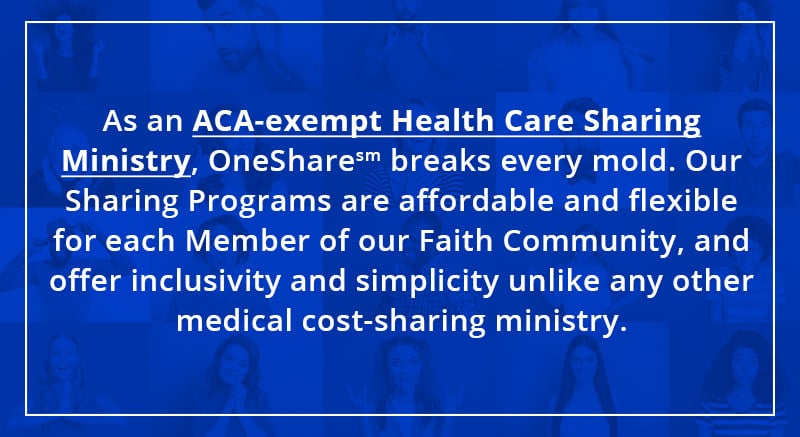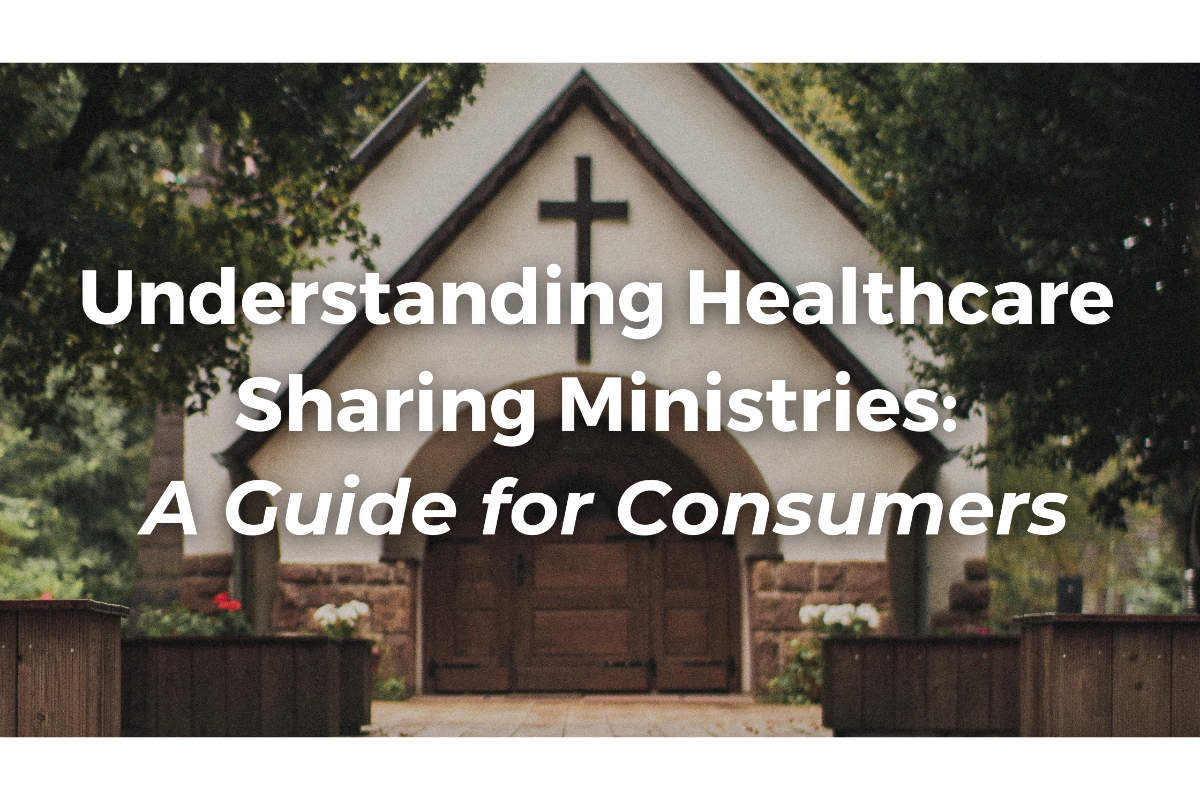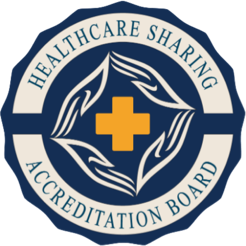Healthcare sharing ministries (HCSMs) are becoming an increasingly popular option for consumers who are looking for an affordable alternative to traditional insurance. HCSMs differ from traditional health insurance in several important ways, and understanding these differences is critical for anyone considering this option. In this blog, we'll provide an overview of HCSMs and explain how they work so you can make an informed decision for yourself and/or your family.
What Are Healthcare Sharing Ministries?
HCSMs are organizations that facilitate the sharing of medical expenses among a group of members who have similar beliefs and values. Members of an HCSM contribute a monthly amount, which is pooled together to contribute to the medical bills of other members. HCSMs typically have a set of shared ethical and religious principles that guide their operations, and members must agree to and abide by these principles to participate.
How Do Healthcare Sharing Ministries Work?
- When a member of an HCSM incurs a medical expense, they submit a request for sharing to the organization.
- The HCSM then reviews the request to determine if it is eligible for cost-sharing under the terms of the plan.
- If the request is approved, the member's medical expenses are shared among the other members of the HCSM according to a pre-determined cost-sharing schedule.
HCSMs typically have a set of guidelines that outline the types of medical expenses that are eligible for cost-sharing. These guidelines vary from one organization to another, but they generally exclude expenses related to pre-existing conditions, cosmetic procedures, and other non-essential or elective services.
Pros and Cons of Healthcare Sharing Ministries
There are several advantages to joining an HCSM, including:
- Lower costs: HCSMs often have lower monthly obligations than traditional health insurance plans.
- Flexibility: Members have more choice in the healthcare providers they can see, and they can often choose their own doctors and hospitals.
- Shared values: Members of an HCSM often share similar ethical and religious beliefs, which can create a sense of community and shared purpose.
However, there are also some potential drawbacks to consider, such as:
- Limited coverage: HCSMs may not share into all medical expenses, particularly those related to pre-existing conditions.
- Uncertainty: Since HCSMs are not regulated in the same way as traditional health insurance which requires the member to be educated on what is eligible on their program.
- Membership requirements: HCSMs may have specific eligibility requirements that exclude certain individuals.
Is an HCSM Right for You?
Whether or not an HCSM is the right choice for you depends on your individual needs and preferences. If you are looking for a more affordable and flexible alternative to traditional health insurance, then OneShare Health may be a good option for you. Why wait to save?
Compare the Programs and get a quote here or call to walk through your options at (833) 550-1545.





.png)




